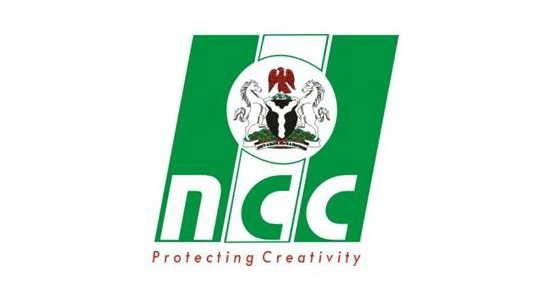The Nigerian Copyright Commission (NCC) has seized 7,918,605 units of pirated copyright works worth N8.113 billion from 256 anti-piracy raids in the last five years. The Director-General of the commission, Mr. Afam Ezekude, said this at the Annual General Meeting (AGM) and pre-AGM lecture of the Intellectual Property Law Association of Nigeria (IPLAN) held last Friday in Lagos.
Ezekude, reacting to the lecture titled: “Intellectual Property Rights and National Development”, stated that in five years, 54 criminal convictions had also been secured against copyright offenders at the Federal High Court in the areas of film, book, music, cable and software piracy. The commission is also prosecuting about 172 criminal copyright infringement and civil cases at the Federal High Court, Ezekude disclosed.
Earlier, Chairman of the occasion, former Commissioner, Nigerian Law Reform Commission, Professor Egerton Uvieghara, in his opening remarks, tasked the National Assembly to concentrate more lawmaking than oversight duties. He said: “Members of the National Assembly do more of oversight functions than law making,” he said, urging them to “reform the copyright laws so as to ensure Nigeria’s copyright system meets the prevailing needs of the creative industries.” “We cannot be talking about development without Intellectual Property put in proper perspective,” Uvieghara added.
Welcoming members, including lawyers and other stakeholders to the pre-AGM lecture, the out gone President of the association, former Dean, School of Law and Security Studies, Babcock University, Ilishan Remo, Ogun State, Professor Bankole Sodipo, focused on the work that had been done in various sectors of Intellectual Property.
Mr. Sola Dosunmu, a staff of British American Tobacco (BAT), spoke on Plain Packaging Product versus Intellectual Property Rights while Mr. John Asein, an Intellectual Property Management Consultant, presented a paper on “An Appraisal of the Draft Amendment to the Copyright Act.”
Mr. John identified non-committal of industry players to the reform process; weak advocacy and competing national issues; slow pace of the legislative process; low level of awareness among stakeholders; non ratification of the international treaties as some of the challenges encountered in the process of passage of the bill.
He urged stakeholders and copyright interest groups to play more visible roles in the formulation and direction of copyright policies, noting that Section on Business Law and IPLAN must work closely with the Nigerian Copyright Commission, Ministry of Justice and the legislature for a well-coordinated reform process.


